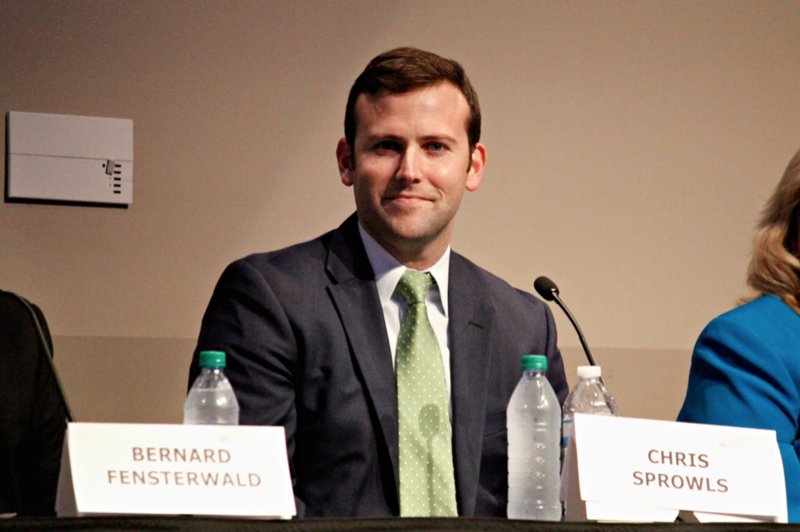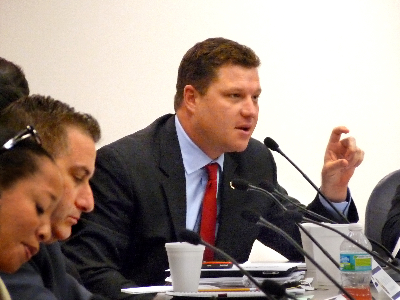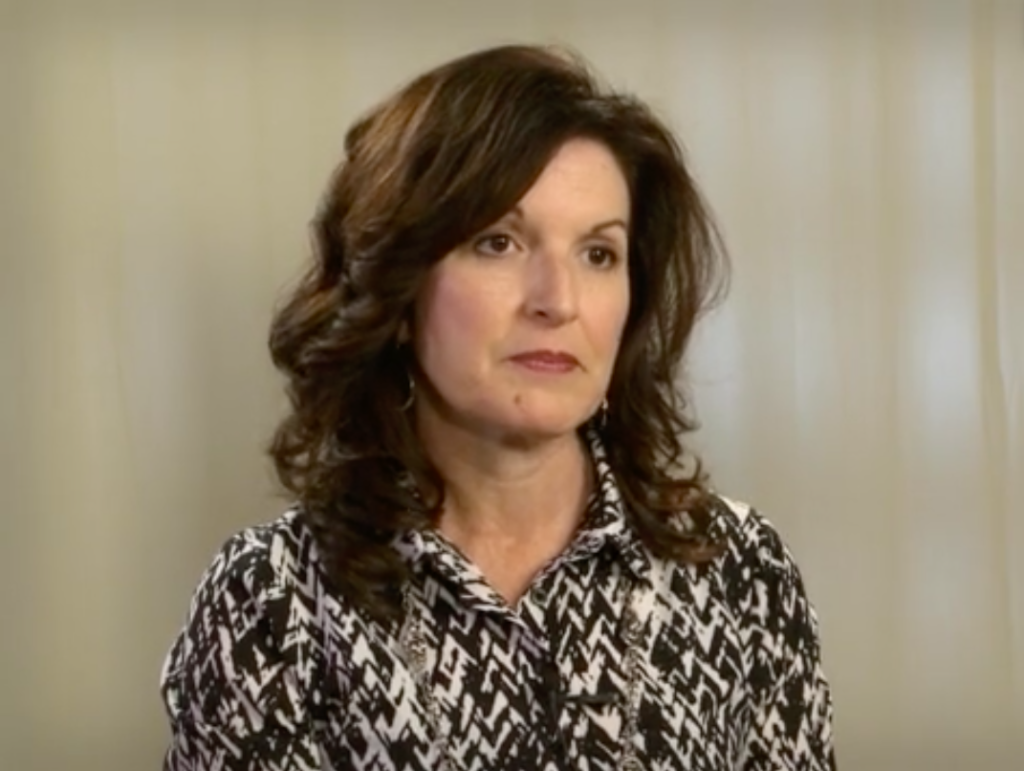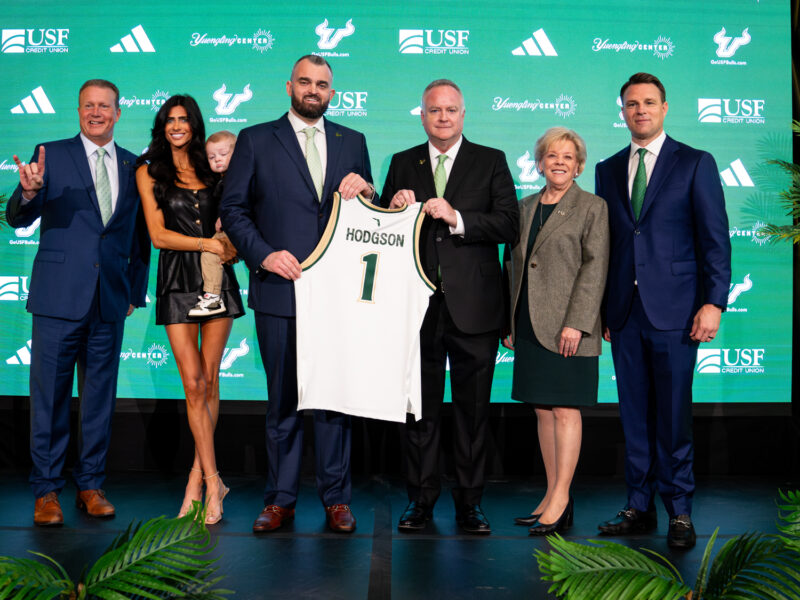
By Nancy McCann and Whitney Elfstrom
Two influential state legislators who helped torpedo the university’s independent accreditation last year now say that St. Petersburg should become a branch campus when consolidation takes effect in 2020.
That’s welcome news to faculty, administrators and friends of the university who fear that the campus might become an instructional site instead.
Through an aide, Rep. Chris Sprowls, R-Palm Harbor, said he agrees with the Consolidation Task Force’s draft recommendations for what he called “a united and preeminent USF that includes two strong and unique branch campuses” in St. Petersburg and Sarasota-Manatee.
“I fully expect the goals of the report to be implemented,” he said.
Sprowls’ comments were echoed by Sen. Jeff Brandes, R-St. Petersburg.
“We (legislators) have always maintained in every conversation that USF St. Petersburg would be a branch campus,” Brandes said. “I continue to express my desire that it be maintained as a branch campus.”
In an interview, The Crow’s Nest asked Brandes what would happen if the USF system Board of Trustees decides to turn St. Petersburg and Sarasota-Manatee into instructional sites.
“If it’s not going in that direction (a branch campus designation), I think you will see elected officials and representatives strongly supporting their communities,” Brandes replied.
What specifically might the Legislature do? he was asked.
“I don’t think we would take anything off the table to ensure that our communities are protected,” Brandes said.

The two legislators’ pointed remarks come at a fraught time for USF St. Petersburg.
The 13-member Consolidation Task Force and a Consolidation Implementation Committee made up of 86 representatives from the three campuses must deliver final recommendations to the Board of Trustees by Feb. 15.
In turn, the trustees must recommend a detailed consolidation plan to the state board that oversees Florida’s public universities by March 15.
As Sprowls noted, a draft report of the task force’s recommendations, which members reviewed on Jan. 29, says both St. Petersburg and Sarasota-Manatee should become branch campuses under the guidelines of the university’s accrediting agency.
As a branch campus, the draft recommendations say St. Petersburg would have “its own faculty and administrative or supervisory organization” and “its own budgetary and hiring authority.”
Despite that explicit wording, some campus leaders continue to fear that USF system President Judy Genshaft and her administration want to make St. Petersburg an instructional site.
In a Crow’s Nest interview on Jan. 24, Genshaft said that St. Petersburg “doesn’t have to be 100 percent a branch campus or an instructional site. It can have a mixture of elements that are unique to our system and accomplish what is needed for students and faculty.”
Meanwhile, some in St. Petersburg grumble privately that Ralph Wilcox, the provost in Tampa, has given signals that the St. Petersburg campus will be more like an instructional site once consolidation becomes final.
When The Crow’s Nest sought an interview with Wilcox on Jan. 25, USF system spokesman Adam Freeman said he was unavailable.
Although the Consolidation Task Force is recommending that St. Petersburg and Sarasota-Manatee become branch campuses, Freeman said in an email that their status is among “the unresolved key issues” in a draft report of the Consolidation Implementation Committee.
“As we’ve been saying for months, final decisions have not been made regarding the academic or governance structure” of the consolidated university, Freeman said.
As an instructional site, St. Petersburg would cede most administrative power, including budget and hiring authority, to Tampa. An instructional site is considered less prestigious than a branch campus, and faculty research might become a lower priority.
If that happens, the “vast majority” of the St. Petersburg faculty believe it “would be catastrophic for us,” according to history professor Ray Arsenault, the president of the USF St. Petersburg Faculty Senate.
But the pointed comments of Sprowls and Brandes make clear that there is a third player in the maneuvering – the Florida Legislature.
Its 60-day annual session begins March 5, 10 days before the USF Board of Trustees must recommend a consolidation plan to the state board.
Sprowls is in line to become speaker of the House in two years. That will make him the second or third most powerful figure in state government, with a huge role in issues like the budget and higher education.
As speaker-in-waiting, he is already a titan in Tallahassee. Few want to cross the official who will control the flow of legislation, honcho the state’s annual budget and decide everything from House members’ committee assignments to parking spots.
It was Sprowls who last year helped concoct the proposal to abolish the independent accreditation of the St. Petersburg and Sarasota-Manatee campuses and merge them into a single, consolidated university with the huge Tampa campus.
USF Tampa was on the verge of becoming a “preeminent state university” entitled to millions more in state money each year, Sprowls, Brandes and others said, so it made sense to merge the three campuses into one and make the two smaller campuses eligible for some of the extra funds.
Some USF St. Petersburg officials and friends of the university in government and business fiercely opposed the bill, however, arguing that it might return the campus to an unhappy era when it was a weak, tiny satellite to Tampa.
In response, Pinellas legislators wrote into their bill a lengthy amendment designed to protect the unique identities of the St. Petersburg and Sarasota-Manatee campuses and give them authority to control their budgets and leadership.
Jan. 29 marked the final official meeting of the 13-member Consolidation Task Force, which has held a series of public meetings and town halls on all three campuses since first convening last April.
The meeting was scheduled to last two and a half hours, but there was little comment from members about key recommendations in their report, and the meeting ended after 90 minutes.

Melissa Seixas, a Duke Energy executive who led the task force’s shared governance subcommittee, told the task force she and her colleagues felt the branch campus designation for St. Petersburg and Sarasota-Manatee was “critically important.”
The designation will “build upon the unique campus identities that the campuses have built over the past and the robust opportunities to attract talent,” she said.
“The other key part that we always kept focus on was the benefit to the students and also the faculty and staff,” Seixas said. “It was very evident in all of the testimony we received – the passion that the faculty here at USF feel for research but also for reaching those individual students that will one day sit in these (task force) seats.”
As president and CEO of the St. Petersburg Area Chamber of Commerce, Chris Steinocher has been an advocate for St. Petersburg throughout the consolidation planning process.
In an interview with The Crow’s Nest, Steinocher said he is encouraged that key legislators agree with him that St. Petersburg should become a branch campus.
“We do feel like we were heard (by the task force) … how important (it is) for the entire student experience as well as the community experience that we maintain a branch campus standing rather than an instructional site,” he said.
Brianna Rodriguez, Anna Bryson, Dylan Hart and Amy Diaz contributed to this report.
Sprowls’ statement
“I commend the work done by the University Consolidation Task Force, led by Chairman Mike Griffin, and agree with its recommendations for a united and preeminent USF that includes two strong and unique branch campuses, and I fully expect the goals of the report to be implemented.”


